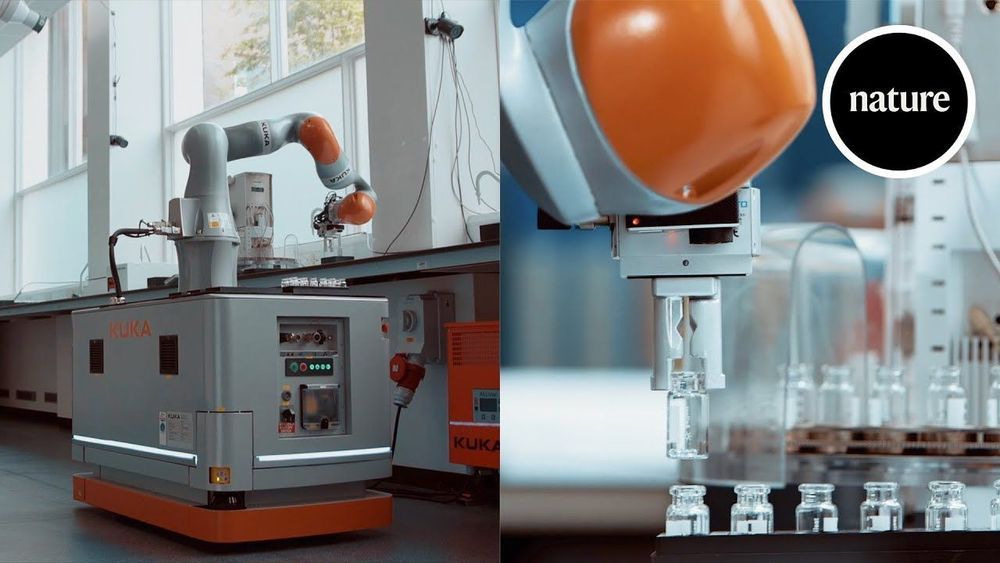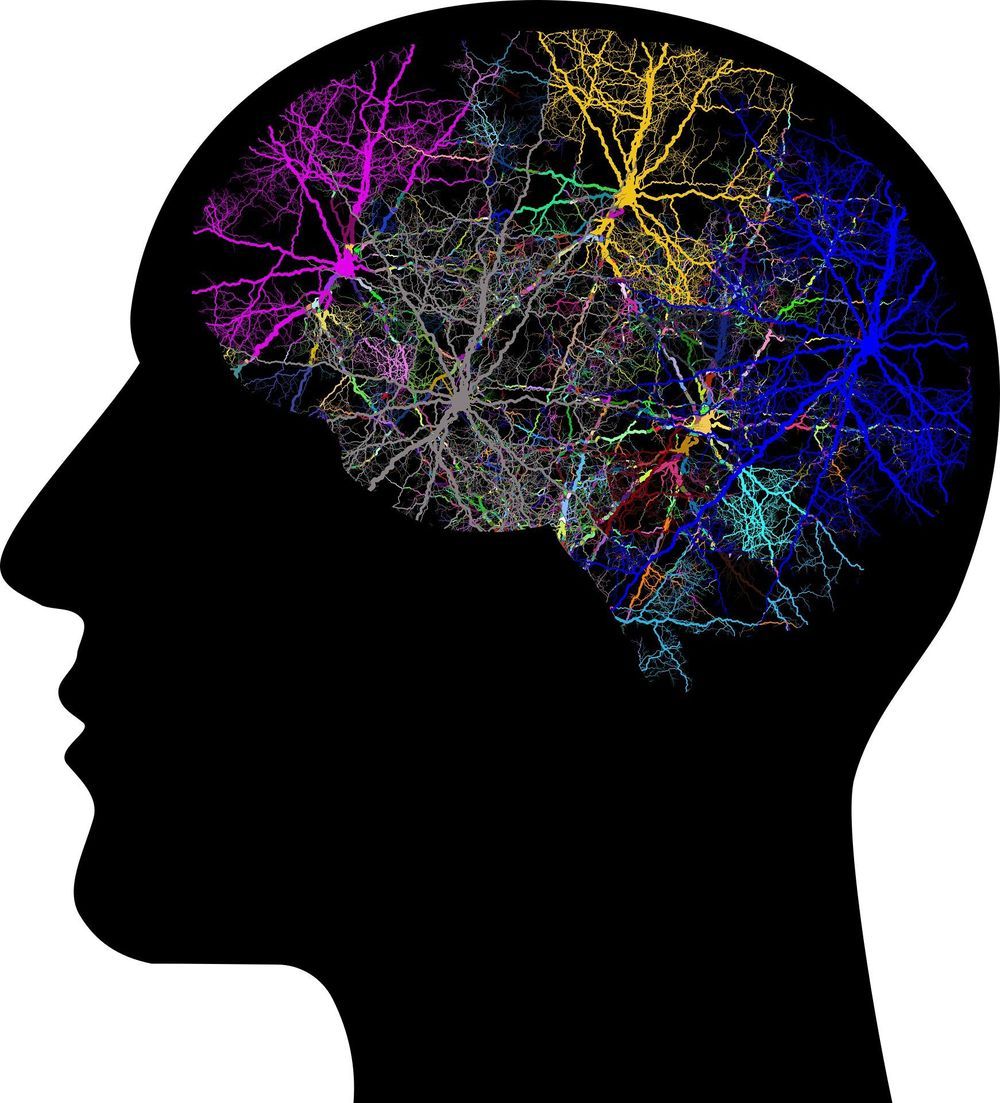
Researchers from the Max Delbrück Center for Molecular Medicine have developed a new tool that makes it easier to maximize the power of deep learning for studying genomics. They describe the new approach, Janggu, in the journal Nature Communications.
Imagine that before you could make dinner, you first had to rebuild the kitchen, specifically designed for each recipe. You’d spend way more time on preparation, than actually cooking. For computational biologists, it’s been a similar time-consuming process for analyzing genomics data. Before they can even begin their analysis, they spend a lot of valuable time formatting and preparing huge data sets to feed into deep learning models.
To streamline this process, researchers from MDC developed a universal programming tool that converts a wide variety of genomics data into the required format for analysis by deep learning models. “Before, you ended up wasting a lot of time on the technical aspect, rather than focusing on the biological question you were trying to answer,” says Dr. Wolfgang Kopp, a scientist in the Bioinformatics and Omics Data Science research group at MDC’s Berlin Institute of Medical Systems Biology (BIMSB), and first author of the paper. “With Janggu, we are aiming to relieve some of that technical burden and make it accessible to as many people as possible.”

















